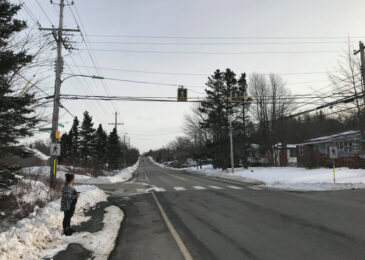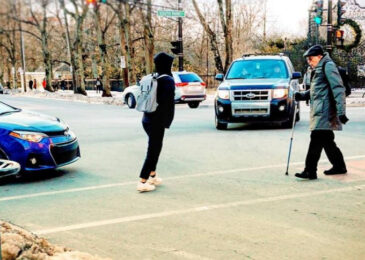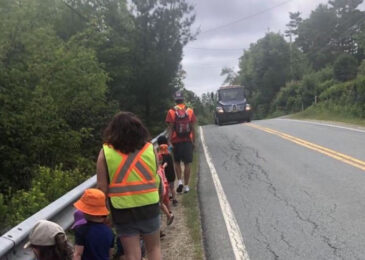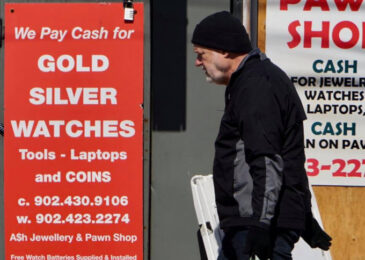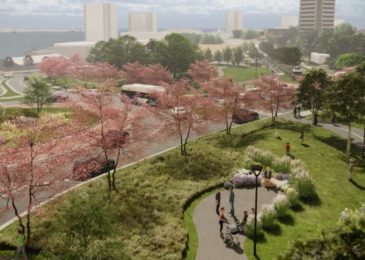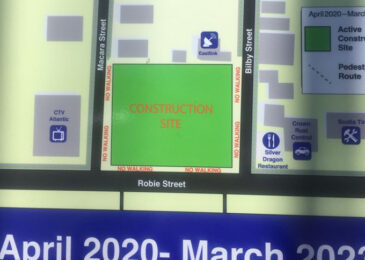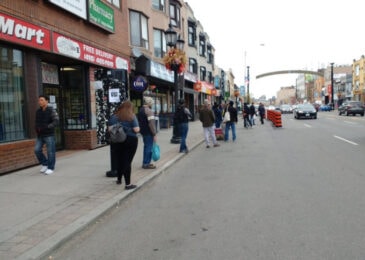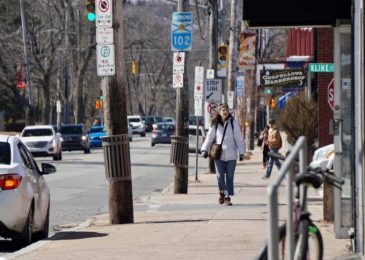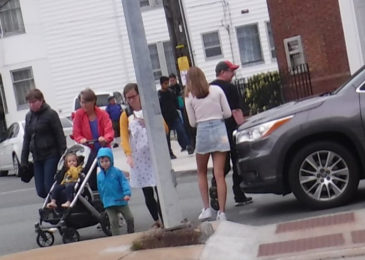Martyn Williams: New rules of the road: Public feedback invited until January 8
The Nova Scotia government is asking for public feedback by January 8 on 65 pages of regulations which will dictate how roads should be used by the public, and also potentially allow for some safer controls and infrastructure for vulnerable road users. Martyn Williams has some excellent suggestions.

